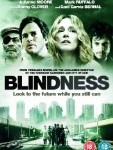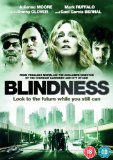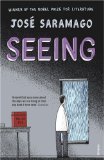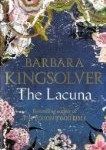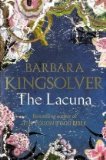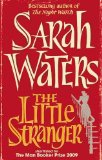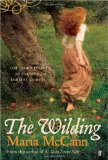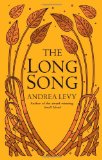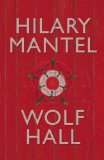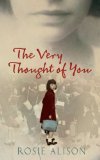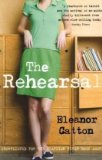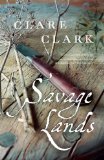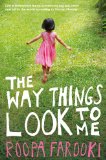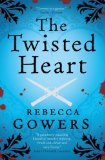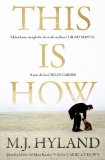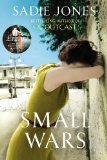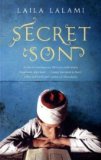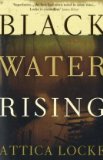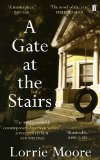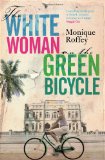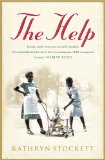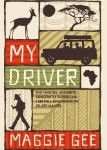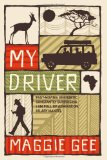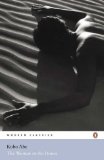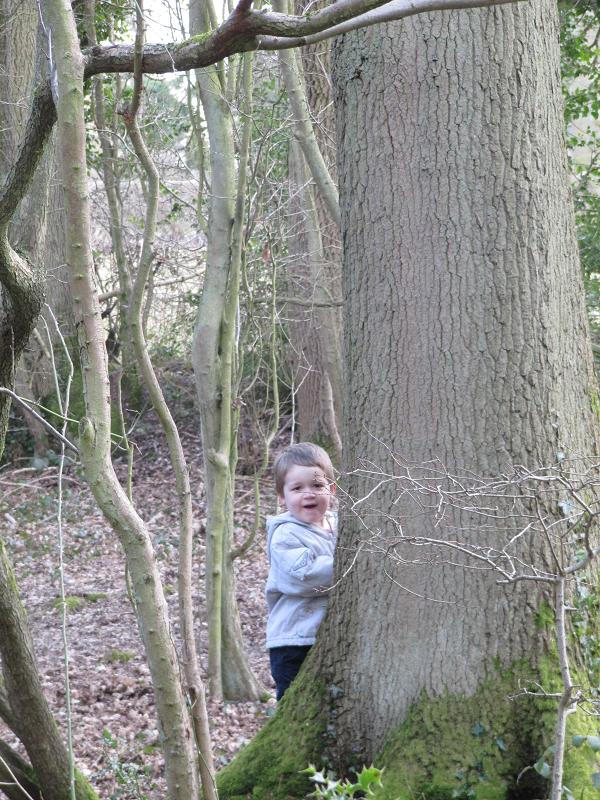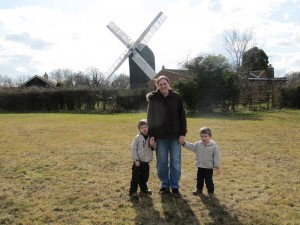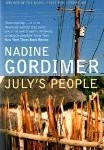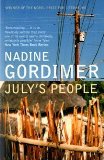Blindness by Jose Saramago is one of my favourite books, but I couldn’t imagine it making a good film. One of the best aspects of the book are the descriptions of what it is like to be blind. We know as little as the characters do, fumbling around in the darkness (or brightness as is the case in Blindness) trying to make sense of the world. The idea of transferring this book to the big screen, where suddenly we have the advantage of sight just made no sense at all. I was going to avoid watching this film, but then Sandy and CB James reviewed it and curiosity got the better of me.
I have to admit that it was much better than I expected it to be. The director, Fernando Meirelles, did a fantastic job of using special effects and a white screen to give the feeling of blindness at critical parts of the plot. The film was faithful to the book and I can’t imagine a better adaptation being possible, but (and that is a very big BUT!!!) this is a film that should never have been created. I don’t want anyone watching it and thinking they don’t need to read the book. The film is a very poor substitute for the terrifying world created by Saramago. Anyone watching this without having read the book will be underwhelmed – my husband described it as being OK, giving it a rating of 3/5.
I definitely enjoyed it more because I had read the book, but the averageness of this film upsets me. Saramago is never average. He is one of the greatest writers alive today and his amazing writing just doesn’t work on the big screen. The plot might have been the same, but the fear, tension and confusion present in the book were all diminished. If you have read the book then there is no harm in watching this film, but please don’t watch it first.
Watching this DVD reminded me how much I enjoy reading Saramago’s books and so I have reserved the sequel to Blindness from the library. I’ll be reading Seeing in the next week or two.
Have you read Blindness and Seeing?
What did you think of Blindness on DVD?
